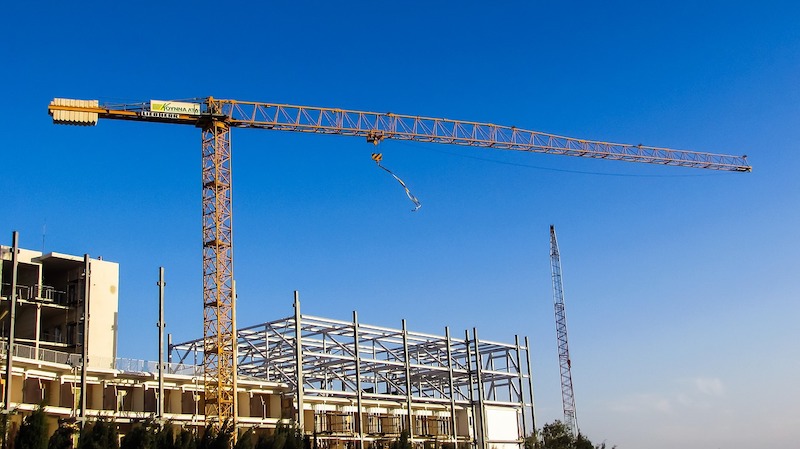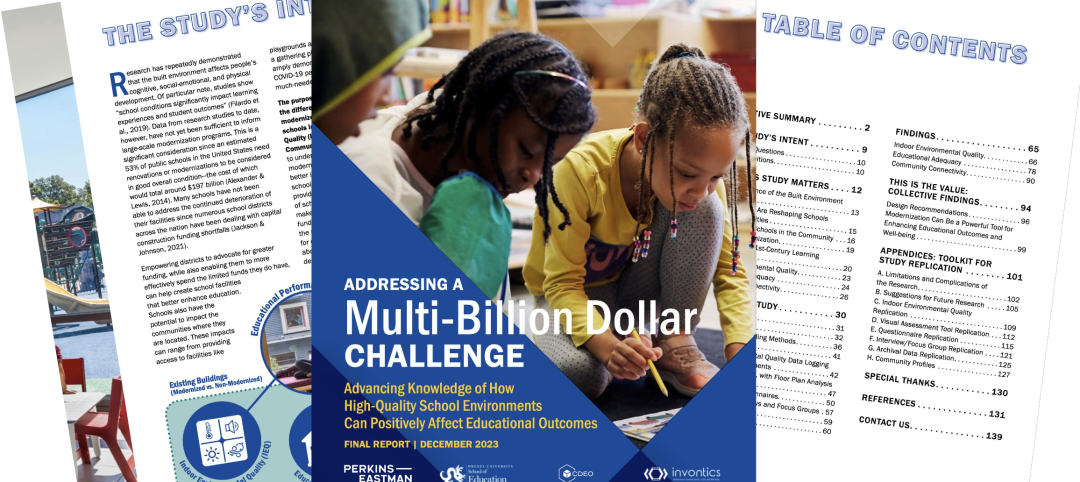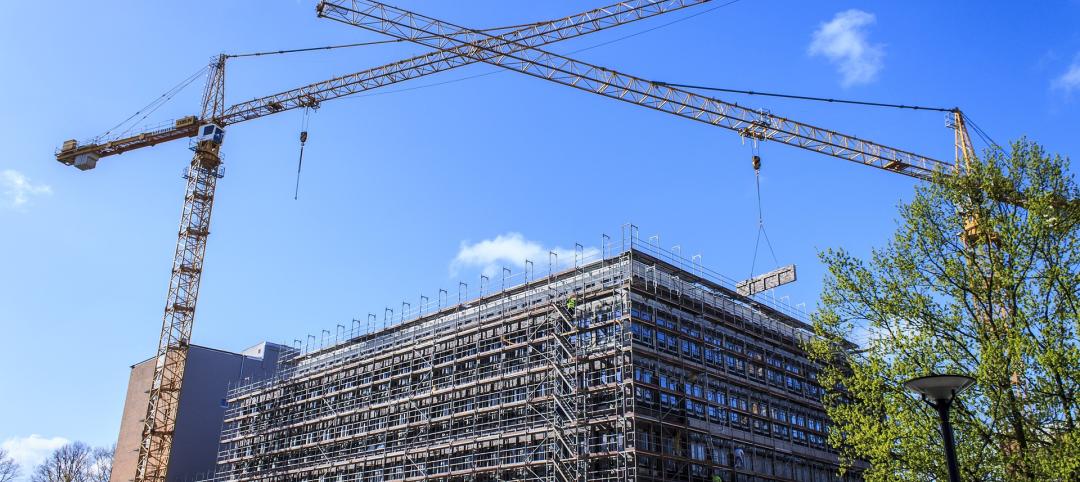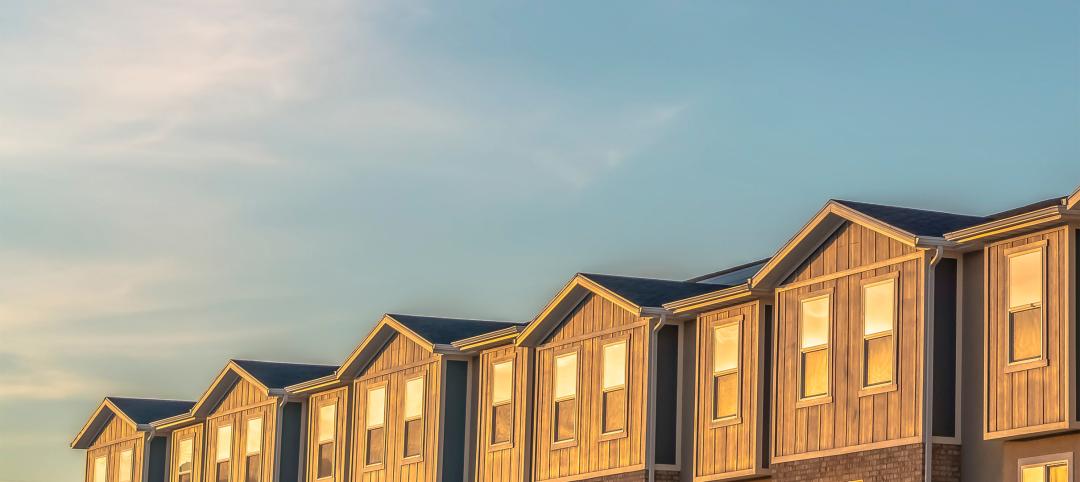Construction employment declined by 61,000 in February, while the sector’s unemployment rate soared to 9.6% amid severe winter weather and continuing weakness in new nonresidential projects, according to an analysis by the Associated General Contractors of America of government data released today. Association officials urged Congress and the Biden administration to focus on new infrastructure funding, address rising materials prices and avoid disruptive measures like the PRO Act to stem further construction job losses.
“The steep decline in construction employment in February continues a downward trend in nonresidential activity that began before the disruptions caused by last month’s freezes and power losses,” said Ken Simonson, the association’s chief economist. “Despite recovery in some parts of the economy, private nonresidential construction is still experiencing many canceled and postponed projects and few new starts.”
Construction employment slumped by 61,000 from January to February, the first overall decline since April 2020. Employment totaled 7,340,000, a decrease of 308,000 or 4.0% from the most recent peak in February 2020.
The job loss was concentrated in nonresidential construction, with a decline of 60,800 jobs in February, following a dip of 400 jobs in January. The February 2021 total was 316,000 jobs or 6.8% less than a year earlier. Only half the jobs lost in the first two months of the pandemic had been regained by February. In the latest month, nonresidential building contractors shed 3,300 jobs and nonresidential specialty trade contractors lost 5,500 workers, while heavy and civil engineering construction firms—the category most likely to be affected by winter storms—lost 20,800 employees.
Residential construction employment—comprising residential building and specialty trade contractors—inched down by 200 jobs in February. But the sector’s employment remained slightly higher than a year ago.
Unemployment in construction soared over the past 12 months. A total of 921,000 former construction workers were unemployed, up from 531,000 a year earlier and the highest for February since 2014. The industry’s unemployment rate in February was 9.6%, compared to 5.5% in February 2020.
Association officials urged members of Congress to work with the Biden administration to quickly pass needed new infrastructure investments. They also urged the president to take steps to address soaring construction materials prices, including for lumber and steel, by easing tariffs and exploring steps to boost domestic production. They added that Congress should drop plans to impose the PRO Act, which would harm workers and undermine the fragile economic recovery.
“Washington officials can’t change the weather, but they can help boost demand for infrastructure, address spiking steel and lumber prices and avoid anti-recovery measures like the PRO Act,” said Stephen E. Sandherr, the association’s chief executive officer. “Stripping workers of their privacy and denying them the absolute right to secret ballot elections, as the PRO Act does, won’t boost demand for construction or put more people to work.”
Related Stories
Retail Centers | Apr 4, 2024
Retail design trends: Consumers are looking for wellness in where they shop
Consumers are making lifestyle choices with wellness in mind, which ignites in them a feeling of purpose and a sense of motivation. That’s the conclusion that the architecture and design firm MG2 draws from a survey of 1,182 U.S. adult consumers the firm conducted last December about retail design and what consumers want in healthier shopping experiences.
Market Data | Apr 1, 2024
Nonresidential construction spending dips 1.0% in February, reaches $1.179 trillion
National nonresidential construction spending declined 1.0% in February, according to an Associated Builders and Contractors analysis of data published today by the U.S. Census Bureau. On a seasonally adjusted annualized basis, nonresidential spending totaled $1.179 trillion.
Market Data | Mar 26, 2024
Architecture firm billings see modest easing in February
Architecture firm billings continued to decline in February, with an AIA/Deltek Architecture Billings Index (ABI) score of 49.5 for the month. However, February’s score marks the most modest easing in billings since July 2023 and suggests that the recent slowdown may be receding.
K-12 Schools | Mar 18, 2024
New study shows connections between K-12 school modernizations, improved test scores, graduation rates
Conducted by Drexel University in conjunction with Perkins Eastman, the research study reveals K-12 school modernizations significantly impact key educational indicators, including test scores, graduation rates, and enrollment over time.
MFPRO+ News | Mar 16, 2024
Multifamily rents stable heading into spring 2024
National asking multifamily rents posted their first increase in over seven months in February. The average U.S. asking rent rose $1 to $1,713 in February 2024, up 0.6% year-over-year.
Market Data | Mar 14, 2024
Download BD+C's March 2024 Market Intelligence Report
U.S. construction spending on buildings-related work rose 1.4% in January, but project teams continue to face headwinds related to inflation, interest rates, and supply chain issues, according to Building Design+Construction's March 2024 Market Intelligence Report (free PDF download).
Contractors | Mar 12, 2024
The average U.S. contractor has 8.1 months worth of construction work in the pipeline, as of February 2024
Associated Builders and Contractors reported that its Construction Backlog Indicator declined to 8.1 months in February, according to an ABC member survey conducted Feb. 20 to March 5. The reading is down 1.1 months from February 2023.
Market Data | Mar 6, 2024
Nonresidential construction spending slips 0.4% in January
National nonresidential construction spending decreased 0.4% in January, according to an Associated Builders and Contractors analysis of data published today by the U.S. Census Bureau. On a seasonally adjusted annualized basis, nonresidential spending totaled $1.190 trillion.
Multifamily Housing | Mar 4, 2024
Single-family rentals continue to grow in BTR communities
Single-family rentals are continuing to grow in built-to-rent communities. Both rent and occupancy growth have been strong in recent months while remaining a financially viable option for renters.
MFPRO+ News | Mar 2, 2024
Job gains boost Yardi Matrix National Rent Forecast for 2024
Multifamily asking rents broke the five-month streak of sequential average declines in January, rising 0.07 percent, shows a new special report from Yardi Matrix.

















